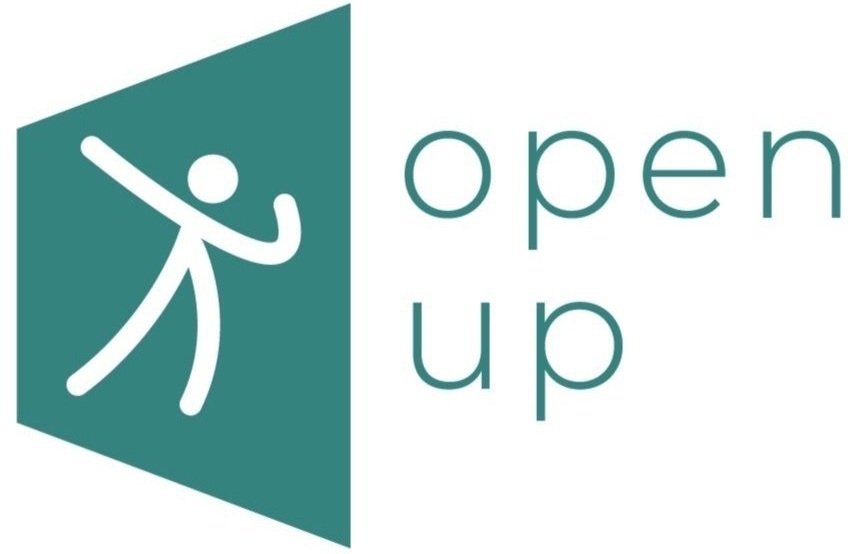Baby Yoga: Guest Blog Post by Zharooker Dzhumaeva
What is Baby Yoga?
We know that yoga has many benefits for adults, but what about yoga for babies ? It may sound strange, but infancy is a great time to start practicing yoga. As young as four months of age, babies are beginning to become more mobile and yoga can help little children improve their strength and coordination. During this stage, babies are beginning to welcome new experiences and are eager to communicate with their parents. Baby yoga doesn’t rush to crawl or walk, a baby will learn how to complete each step properly before moving on.
What are the benefits of Baby Yoga?
Benefits for Baby
Promotes healthy, deeper and longer sleep by regulating of oxygen in the bloodstream
Improves coordination, balance and motors skills
Reduces the discomfort of colic, wind and and constipation
Stimulates brain development and nervous system
Strengthen baby’s body and movements
Develops physical confidence and spatial awareness
Improves learning and social development
Aids bonding, trust, attachment and social interaction
Reduces anxiety and frustration of babies in the transition from one developmental stage to another
Benefits for Parents
Build inclusive community with other parents, adults and caregivers
Bonding time with Baby
Build confidence in parenting
Learn breathing and relaxation techniques
Help parents who experienced traumatic birth
Teach to understand a baby’s non-verbal messages (facial expressions, eye contact posture)
Here are some 4 Baby Yoga exercises that strengthen muscles and work on developmental skills :
Open Up also provides Yoga Minis classes, where parents can engage with their
children and practice yoga movements, breathing, mindfulness. The class is created for young
children and their parents, but multiple family members are welcome to join! You can learn
About the Author
Zharooker Dzhumaeva is a second-year MS candidate in Applied Developmental Psychology at the University of Pittsburgh, focusing on Behavioral Health in School and Communities (BHSC). Her research interests include child development, special education, early childhood assessment, advocacy, and inclusion. Besides her experience in the developmental psychology realm, she also studied child psychopathology and practiced counseling under supervision during her exchange semester at UMass Boston. Zharooker also provided group therapy counseling sessions to vulnerable teenagers at Red Cross Society of Kyrgyzstan and interned with a local LGBT-focused non-profit organization


